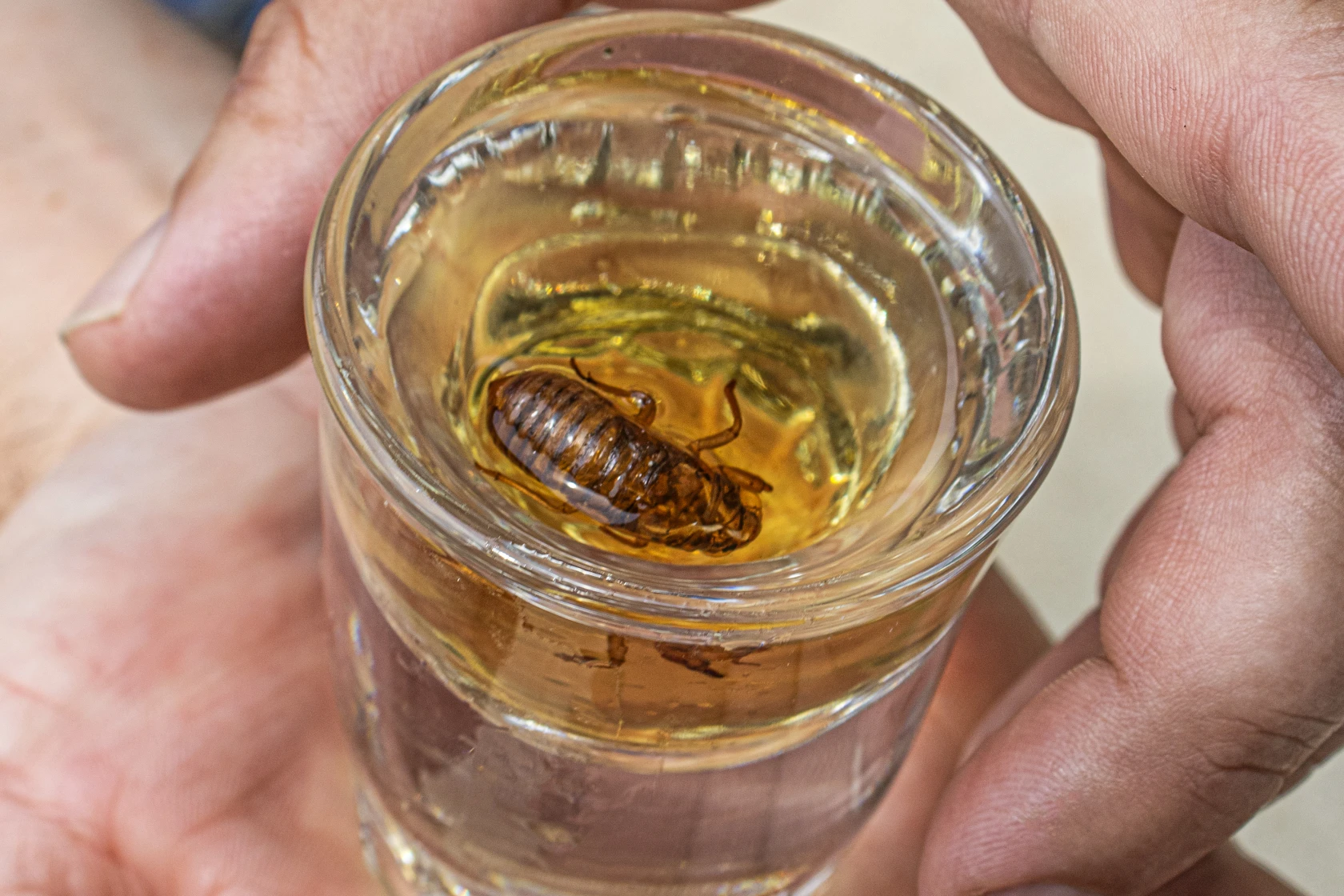Here's yesterday's HRSA press release. (Item 2, Supporting OPTN IT Modernization, might be of most interest to most readers of this blog.)
U.S. Department of Health and Human Services
Health Resources and Services Administration
FOR IMMEDIATE RELEASE
HRSA NEWS ROOM
Contact: HRSA PRESS OFFICE
Phone: 301-443-3376
Email: Press@hrsa.gov
As part of the Administration’s efforts,
for the first time in the program’s nearly 40-year history, HRSA has awarded
separate contracts to reform the organ procurement and transplant network.
Multiple vendors will support improving quality and patient safety, modernizing
IT, bolstering communications with patients, and more
Today, the Health Resources and
Services Administration (HRSA) at the Department of Health and Hunan Services
(HHS) announced the first ever multi-vendor contract awards to modernize the
nation’s organ transplant system to improve transparency, performance,
governance, and efficiency of the organ donation and transplantation system for
the more than 100,000 people on the organ transplant waitlist.
The Organ Procurement and
Transplantation Network (OPTN) has long faced critiques about lack of
transparency, potential for conflicts of interest, IT reliability issues and
other structural challenges. As part of the Administration’s transformation of
the OPTN, for the first time in 40 years, multiple contractors will provide
their expertise and proven experience to improve the national organ transplant
system. This transition from a single vendor to multiple vendors to support
OPTN operations is a critical step in advancing innovation in the transplant
system to better serve patients and their families and implements the
bipartisan Securing the U.S. Organ Procurement and Transplantation Network Act
signed by the President in September 2023.
“With the life of more than
100,000 Americans at stake, no organ donated for transplantation should go to
waste,” said HHS Secretary Xavier Becerra. “For too long, our organ
transplant system has fallen short, mired in monopoly. The Biden-Harris
Administration has reformed OPTN to require accountability in the operation of
organ procurement that our transplant patients and their families demand.”
“One person is added to the
waitlist every 10 minutes. Each one relies on and deserves the best care
possible,” said HRSA Administrator Carole Johnson. “Today’s action marks a
significant advancement in the Biden-Harris Administration’s commitment to
doing what it takes to make sure the nation’s organ matching system works for
patients, donors, and the families who depend on the OPTN for that life-saving
call.”
HRSA is announcing multiple OPTN
modernization awards to support critical actions, including:
- Improving
Patient Safety - Arbor Research
Collaborative for Health will provide support on patient safety and the
policy compliance systems and processes overseen by the OPTN Board of
Directors and the Membership and Professional Standards Committee to
improve oversight of the multiple entities in the OPTN.
- Supporting
OPTN IT Modernization - General Dynamic Information
Technology (GDIT) will focus on the opportunities to improve the OPTN
organ matching IT system and inform HRSA’s Next Generation IT procurement
and development work.
- Increasing
Transparency and Public Engagement in OPTN Policy Development - Maximus Federal will advance opportunities to improve public
visibility and engagement in the OPTN policy making process, including
improving transparency around OPTN policy making committees’ deliberations
and actions.
- Strengthening
Patient-Centered Communications -
Deloitte will focus on improvements in communications from the OPTN,
within the OPTN and, importantly, with patients and families.
- Improving
OPTN Financial Management - Guidehouse Digital will
address improvements for OPTN’s budget development and management systems
and processes.
In August 2024, HRSA announced
that the OPTN Board of Directors—the governing board that develops national
organ allocation policy—is now separately incorporated and independent from the
Board of longtime OPTN contractor, the United Network for Organ Sharing (UNOS).
HRSA awarded an OPTN Board Support contract to a new vendor, American
Institutes for Research, to support the newly incorporated OPTN Board of
Directors.
HRSA launched the OPTN
Modernization Initiative in March 2023, including making proposals to reform
the decades old OPTN statute and increase funding for the program to better
serve patients and families. Within a year, HRSA worked closely with bipartisan
leaders in Congress to secure passage of the Securing the U.S. OPTN Act and
substantially boost funding to support modernization efforts. Today’s awards
represent a key step forward in this work.
###########
Here's the full list (from OrangeSlices AI):
14 Prime awardees named for $440M in HHS HRSA OPTN Operations Transition IDIQs
The total ceiling for Domain 1 is $30M, Domain 2 is $145M, Domain 3 is $235M, and Domain 4 is $40M. The following awardee information is provided for the HRSA procurement:
1. ABT GLOBAL
Total IDIQ Maximum Not to Exceed/Ceiling: Domain 1 – $30M
2. ARBOR RESEARCH COLLABORATIVE FOR HEALTH
Total IDIQ Maximum Not to Exceed/Ceiling: Domain 1 – $30M
3. GUIDEHOUSE DIGITAL LLC
Total IDIQ Maximum Not to Exceed/Ceiling: Domain 1, 2, 4 – $215M
4. MAXIMUS FEDERAL SERVICES
Total IDIQ Maximum Not to Exceed/Ceiling: Domain 1, 2 – $175M
5. RAND CORPORATION
Total IDIQ Maximum Not to Exceed/Ceiling: Domain 1 – $30M
6. CUSTOMER VALUE PARTNERS
Total IDIQ Maximum Not to Exceed/Ceiling: Domain 2, 4 – $185M
7. GENERAL DYNAMICS INFORMATION TECHNOLOGY INC
Total IDIQ Maximum Not to Exceed/Ceiling: Domain 2, 3 – $380M
8. KPMG LLP
Total IDIQ Maximum Not to Exceed/Ceiling: Domain 2 – $145M
9. UNITED NETWORK FOR ORGAN SHARING
Total IDIQ Maximum Not to Exceed/Ceiling: Domain 2 – $145M
10. ACCENTURE FEDERAL SERVICES LLC
Total IDIQ Maximum Not to Exceed/Ceiling: Domain 3 – $235M
11. LEIDOS INC
Total IDIQ Maximum Not to Exceed/Ceiling: Domain 3 – $235M
12. SAPIENT GOVERNMENT SERVICES INC
Total IDIQ Maximum Not to Exceed/Ceiling: Domain 3 – $235M
13. DELOITTE CONSULTING LLP
Total IDIQ Maximum Not to Exceed/Ceiling: Domain 4 – $40M
14. HIGHLIGHT TECHNOLOGIES INC
Total IDIQ Maximum Not to Exceed/Ceiling: Domain 4 – $40M
The IDIQs include a base ordering period of one year staring on 9/25/2024 and 4 option periods.
Solicitation: 75R60224R0008, OPTN Operations Transition Indefinite-Delivery-Indefinite-Quantity (IDIQ)
Agency: HEALTH AND HUMAN SERVICES HEALTH RESOURCES AND SERVICES ADMINISTRATION







